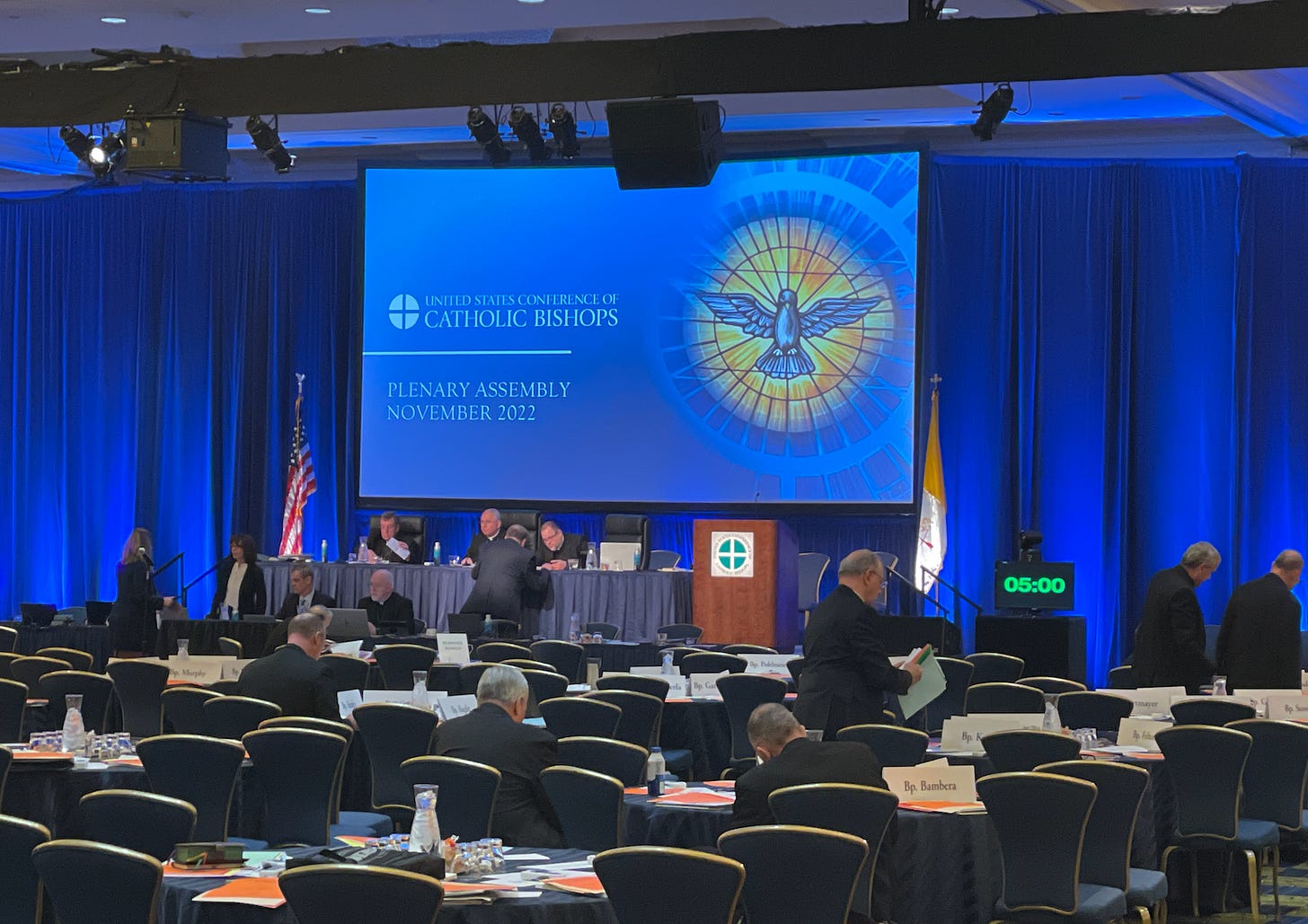Bishops' CCHD review is matter of dollars and sense
The USCCB's poverty program, by the numbers
When the USCCB meets in Louisville, KY this week, one topic on the agenda is a review of the Catholic Campaign for Human Development (CCHD).

The program’s director of 16 years recently resigned, and its assets are at …
